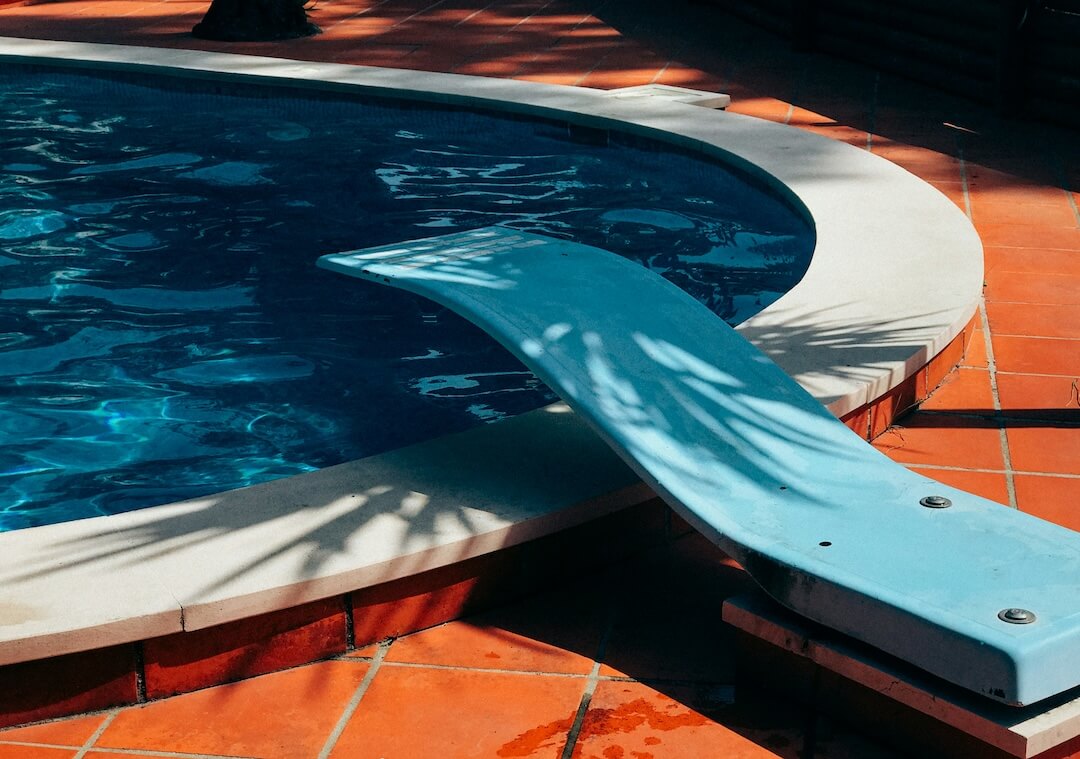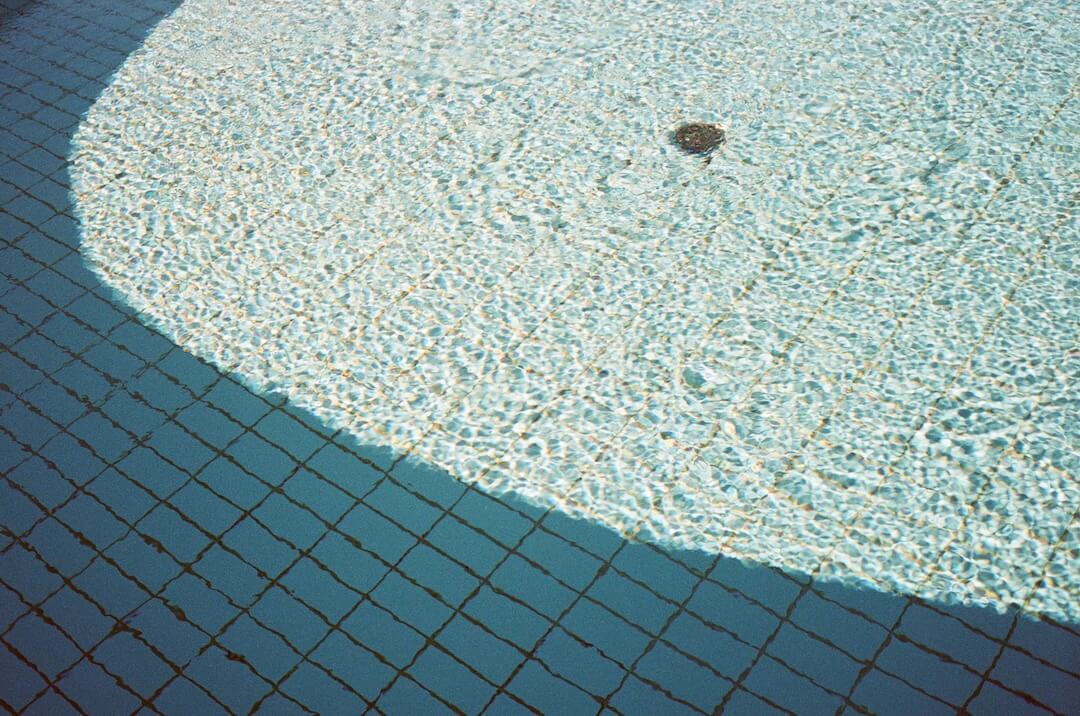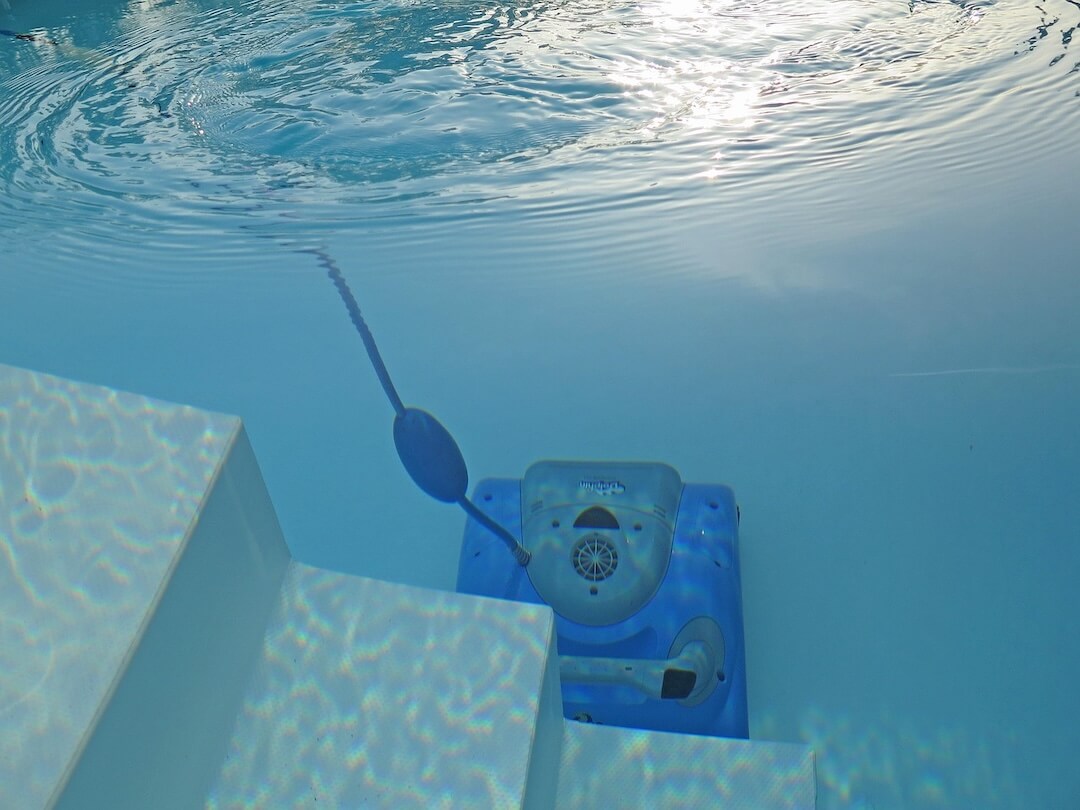How to Balance Pool pH Levels

How to Balance Pool pH Levels
Keeping your swimming pool water properly balanced is essential for ensuring a safe, healthy, and enjoyable swimming experience. One of the most important aspects of pool maintenance is maintaining the correct pH level. When the pH of your pool water is out of balance, it can cause a range of issues, including cloudy water, algae growth, skin irritation, and corrosion of pool equipment. In Miramar, where the climate can influence water chemistry, understanding how to test and adjust your pool’s pH is vital. Our pool specialists are here to guide you through the process, providing expert tips to help you achieve optimal water balance.
Understanding the Importance of pH Balance in Your Pool
The pH level measures how acidic or alkaline your pool water is, with a scale from 0 to 14. A pH of 7 is considered neutral, while values below 7 are acidic, and above 7 are alkaline. For swimming pools, the ideal pH range is typically between 7.2 and 7.6. Maintaining this range is crucial because it directly affects the effectiveness of sanitizers like chlorine, the comfort of swimmers, and the longevity of your pool equipment. When the pH is too low (acidic), it can cause skin and eye irritation and damage to pool surfaces. Conversely, a high pH (alkaline) can lead to cloudy water and scale buildup. Regularly testing and adjusting your pool’s pH ensures a safe and inviting swimming environment.
How to Test Your Pool’s pH Level
Accurate testing is the first step toward proper pH balance. In Miramar, many pool owners prefer using reliable test strips or digital test kits for convenience and precision. To test your pool water, collect a water sample from shoulder-depth, avoiding the skimmer or near the return jet to get an accurate reading. Dip the test strip into the water sample and compare the color change to the provided chart, or use a digital tester following the manufacturer’s instructions. Regular testing—at least once a week—is recommended, especially during hot weather when evaporation and chemical reactions can alter water chemistry. Our pool experts emphasize that consistent testing helps you catch pH imbalances early, preventing more significant issues down the line.
How to Adjust Pool pH Levels Effectively
Once you know your pool’s pH level, the next step is to adjust it accordingly. If the pH is below 7.2, your pool water is too acidic, and you need to raise the pH. The most common method is adding a pH increaser, such as sodium carbonate (soda ash). Carefully follow the product’s instructions—add the chemical in small amounts around the pool perimeter, and then run the pump for several hours to circulate the water thoroughly. Keep testing the water during this process until you reach the desired range.
If the pH is above 7.6, it’s time to lower it. Using a pH decreaser, typically sodium bisulfate or muriatic acid, will help bring the level down. Always add chemicals gradually, and never pour them directly into the skimmer; instead, dilute with water if recommended. After adding the acid or base, run the pool pump and retest after a few hours to confirm the desired pH level. Our pool specialists advise maintaining a steady approach—avoid large chemical swings by making incremental adjustments.
Additional Tips for Maintaining pH Stability in Miramar Pools
In Miramar’s warm climate, water chemistry can fluctuate quickly due to heat, evaporation, and increased usage. To keep your pH stable, it’s essential to regularly test and adjust your pool water, especially during peak summer months. Using a consistent testing schedule can help prevent dramatic imbalances. Additionally, maintaining proper water circulation and filtration is vital, as stagnant water can lead to uneven pH levels.
Another helpful tip is to keep an eye on total alkalinity, which acts as a buffer for pH and prevents rapid shifts. Adjust alkalinity first if needed before fine-tuning pH levels. Maintaining proper alkalinity—generally between 80 and 120 ppm—ensures your pH stays more stable over time.
Furthermore, consider the impact of pool usage and environmental factors. Heavy usage can introduce contaminants that alter water chemistry, and debris can affect pH levels. Regular cleaning of skimmers, filters, and pool surfaces supports consistent water quality.
Our pool experts recommend consulting with local specialists for tailored advice suited to Miramar’s specific climate and water conditions. We are committed to helping you keep your pool in optimal condition year-round.
When to Seek Professional Assistance
While DIY testing and adjustments are suitable for most pool owners, certain situations require professional evaluation. If your pH levels are consistently off despite regular adjustments, or if you notice persistent cloudy water, algae blooms, or equipment problems, it’s time to contact our experts. We provide comprehensive pool water testing and treatment services, ensuring your pH remains within the ideal range. Proper balancing not only enhances the longevity of your pool but also guarantees a safe swimming environment for you and your family.
In Miramar, where the climate can challenge your pool’s chemistry, our specialists are ready to assist you with expert maintenance plans, water testing, and chemical balancing. Contact us today to keep your pool water perfectly balanced and enjoy a pristine swimming experience all year long.



